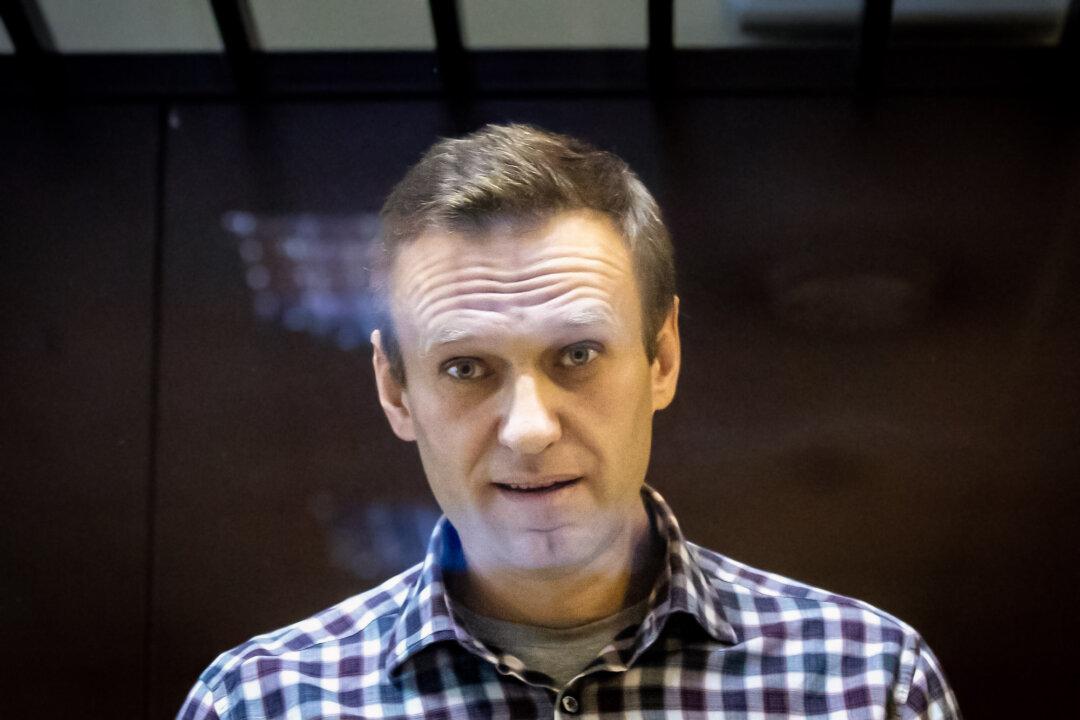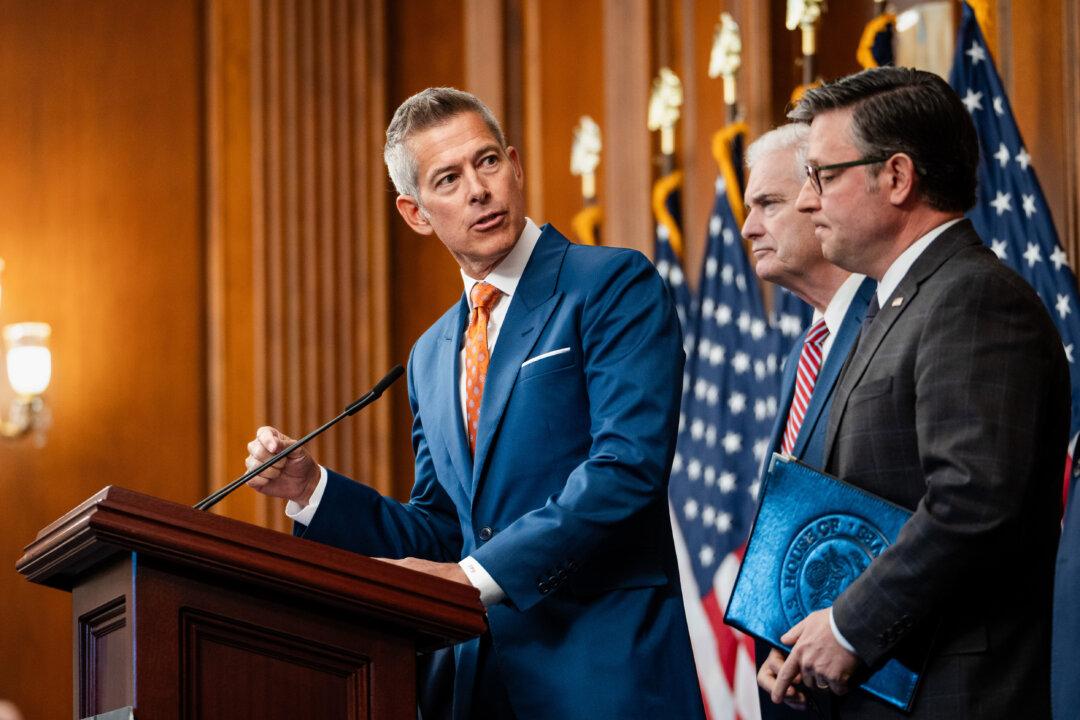Alexei Navalny, Russia’s most prominent political opposition leader and ardent critic of the Putin government, collapsed and died on Feb. 16 in an Arctic penal colony, where he was serving an extended prison term.
Mr. Navalny, a 47-year-old former lawyer, was vocal about official corruption and staged massive anti-Kremlin protests. He has been incarcerated since January 2021 following his return to Moscow from Germany, where he was recuperating from a nerve agent poisoning.





